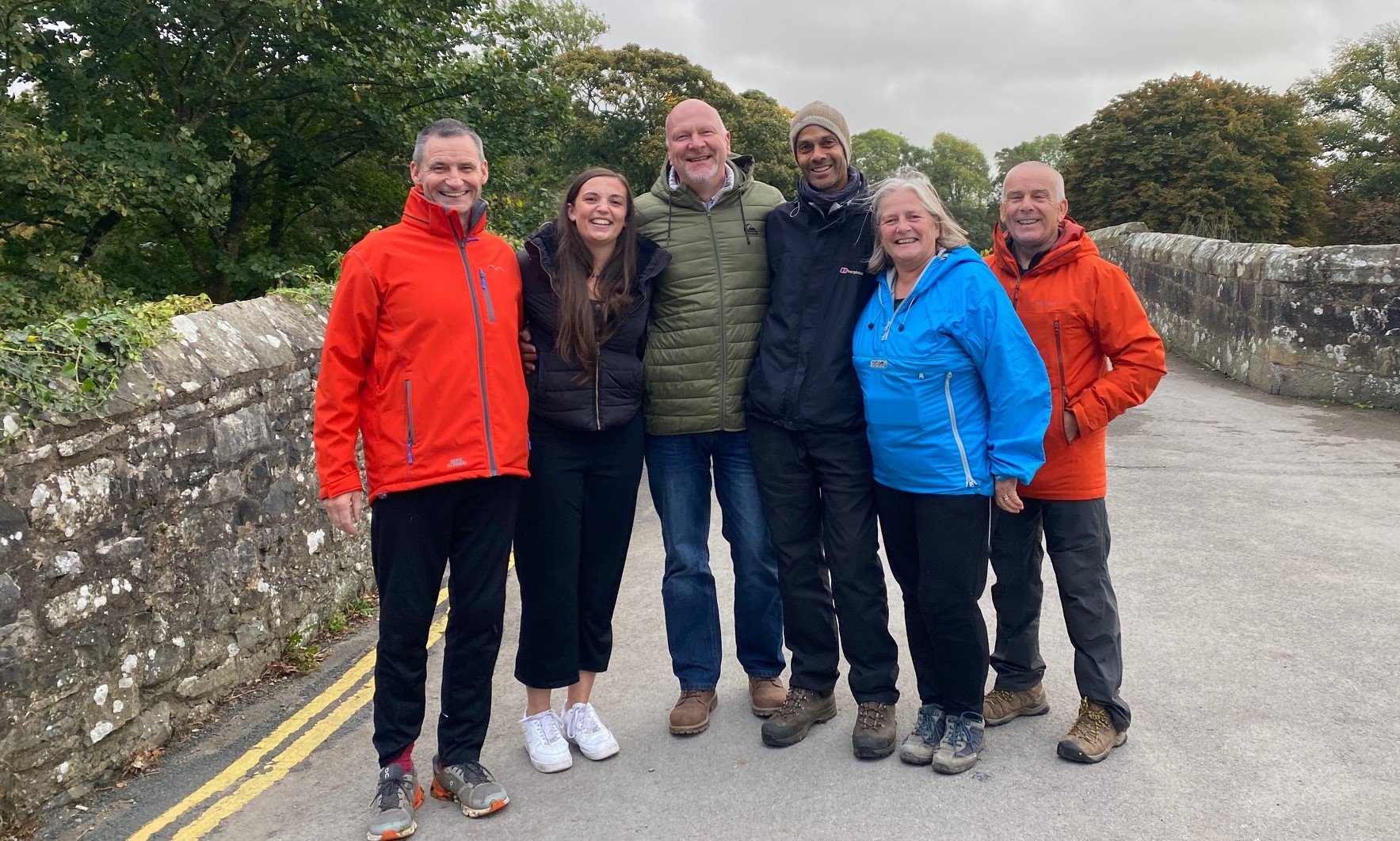Our Caplor House Coaching Tool
Thanks to everyone in our Caplor Community that came together in recent days to learn about the latest developments to our “Coaching Way”. Around 60 people from 10 countries participated in the webinar. To watch a recording, click here. If you are unfamiliar with the “Caplor House” you can do the online exercise here and you can learn more by watching a short video clip from the webinar here.
The Caplor House Coaching tool is a versatile way to help people, teams and organisations have new conversations, explore new possibilities and reach new horizons. This is underpinned by a simple but profound belief… people already have the answers that they are looking for. What the Caplor House coaching tool does is help to liberate intelligence and unlock potential through powerful questions.
The Right Question at the Right Time
Ann Alder, one of our long-standing Advisors and one of the main architects of the Caplor House, says in her book: “…as any good coach knows, the right question at the right time can unlock extensive dialogue and change an individual’s view of the world”.
During the webinar Ann explained how the Caplor House coaching tool helps people ask “the right question at the right time” by linking this to the four rooms of the Caplor House (“Library”, “Kitchen”, “Observatory”, “Family Room”). For an example watch a short video clip of Ann explaining the tool during the webinar here, to access a resource, click here.
To give more insight into the process there was a roleplay of a coaching scenario during the webinar, between Ann and Iain Patton. You can see a short clip of this here.
Living the Questions Together
In an article “On the importance of asking questions”, Daniel Christian Wahl refers to “a spirit of continuous inquiry”. Powerful questions enable us to “try on other worldviews and perspectives”, and at the same time, learn to value diverse – and sometimes conflicting – perspectives as a vital source of creativity and innovation:
“Avoiding monocultures of the mind, valuing and nurturing diversity and cooperatively integrating this diversity by living the questions together will enable humanity to act wisely in the face of unpredictable change. We need to encourage life-long learning and personal development through supportive community processes and ongoing dialogue, guided by questions much more than seeking permanent answers and solutions.”
The Caplor House coaching tool can be used in coaching situations and beyond to help enable people to act wisely in the face of change whilst helping to avoid “monocultures of the mind”.
What are the 5Cs of Trust?
“Questions much more than answers, are the pathway to collective wisdom” (Daniel Wahl). Thoughtful questions, coupled with deep listening and an open mind are essential for building trust in teams and organisations. In a short article by Ali Grouve and Mike Watson talk about the 5Cs of building trust. There are...
Care
Communication
Character
Consistency
Competency
Echoing Wahl, the authors comment: “It is one thing to care. It is quite another to communicate with care. Telling is not communicating. Communication requires active listening and understanding”.
At the heart of communicating with care is knowing the right question to ask and the right time to ask it. And then listening carefully to the answer. At Caplor Horizons – we firmly believe that great questions can inspire people, teams and organisations to transform creatively, to connect compassionately, and to act courageously.
Change Makers of the Week
Quote of the week: “Questions, more than answers, are the pathway to collective wisdom. Questions can spark culturally creative conversations that transform how we see ourselves and our relationship to the world” Daniel Christian Wahl
Best wishes
Lorna, Rosie, Ian, Iain and Kemal

























